Separation from humans, or a particular human, can be very distressing for some dogs. The dis-ease they experience can be overwhelming and heart breaking to watch. It can be difficult for us to think of our much loved pet as suffering while we’re out picking our children up from school, struggling with our own stresses at work or enjoying lunch with loved ones. If you’ve made it as far as reading this, you’re doing incredibly well. Accepting what your dog’s going through, as a problem you want to address, is half the battle. It’s beautiful, and stands as testament to the care you have for your dog’s wellbeing, that you find yourself here looking for more information and solutions. Congratulations for already finding yourself on the path to getting your dog accurately diagnosed with separation anxiety.
Symptoms of Dogs With Separation Anxiety:
Separation anxieties can be difficult to diagnose because they are expressed as different behaviours in different dogs.
The polarity of symptoms dogs display, when under stress, can make interpreting their experiences difficult.
A dog suffering with separation anxieties, can display this by:
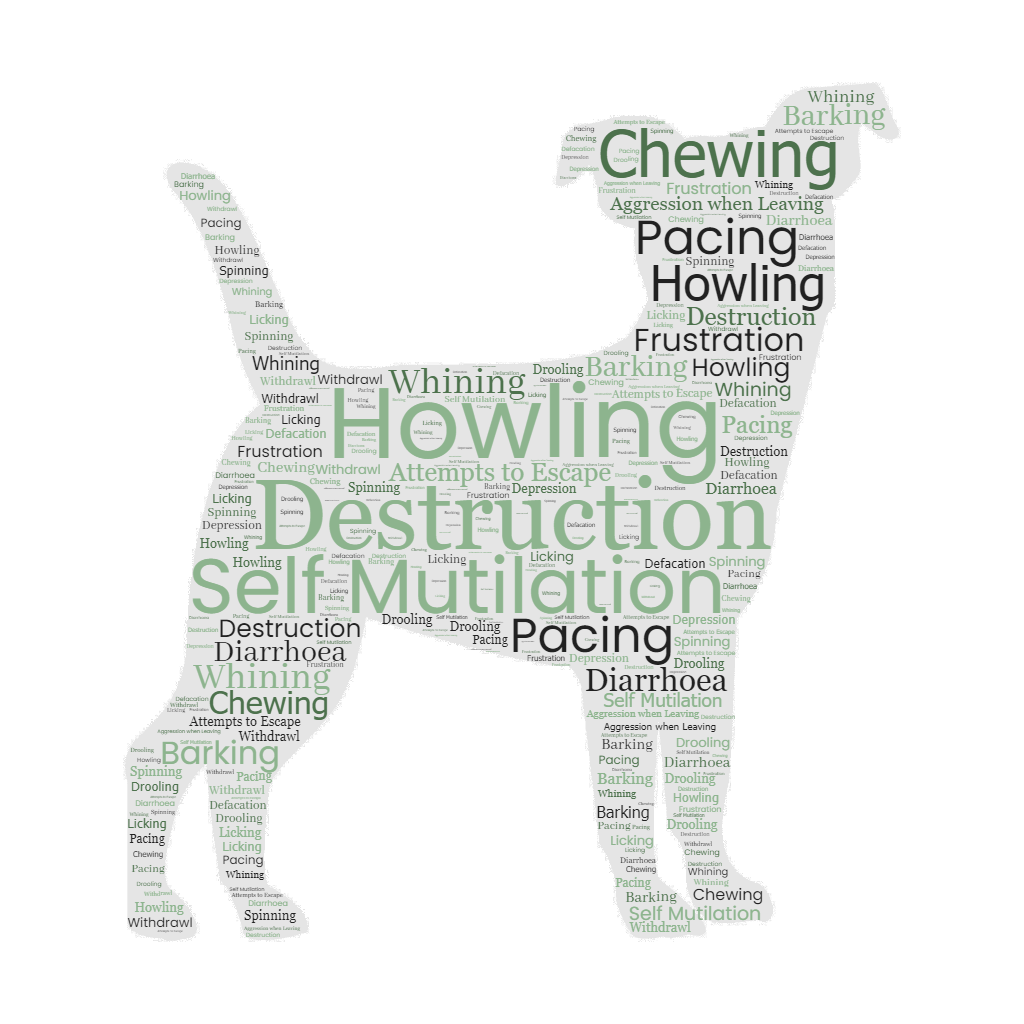
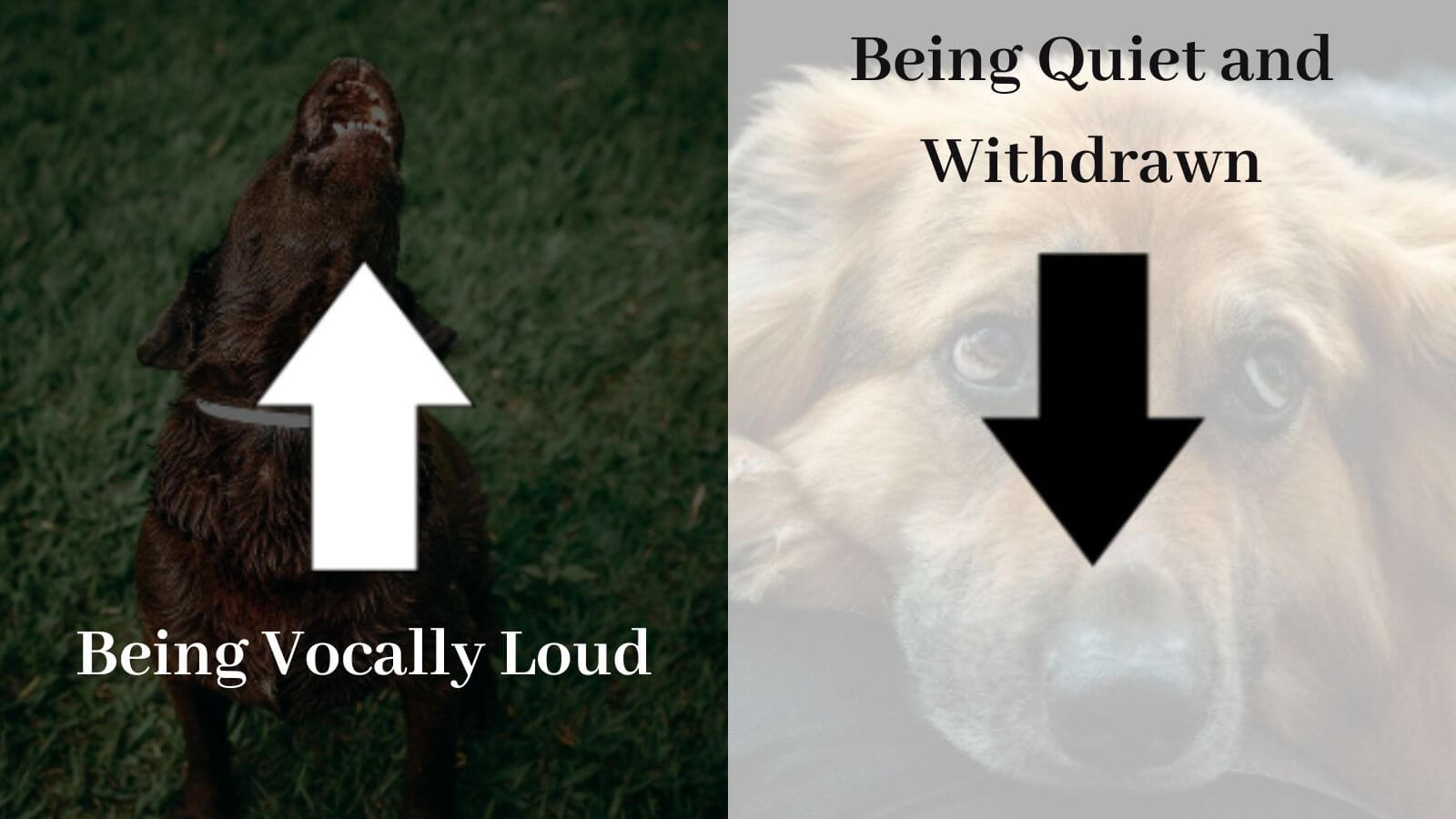
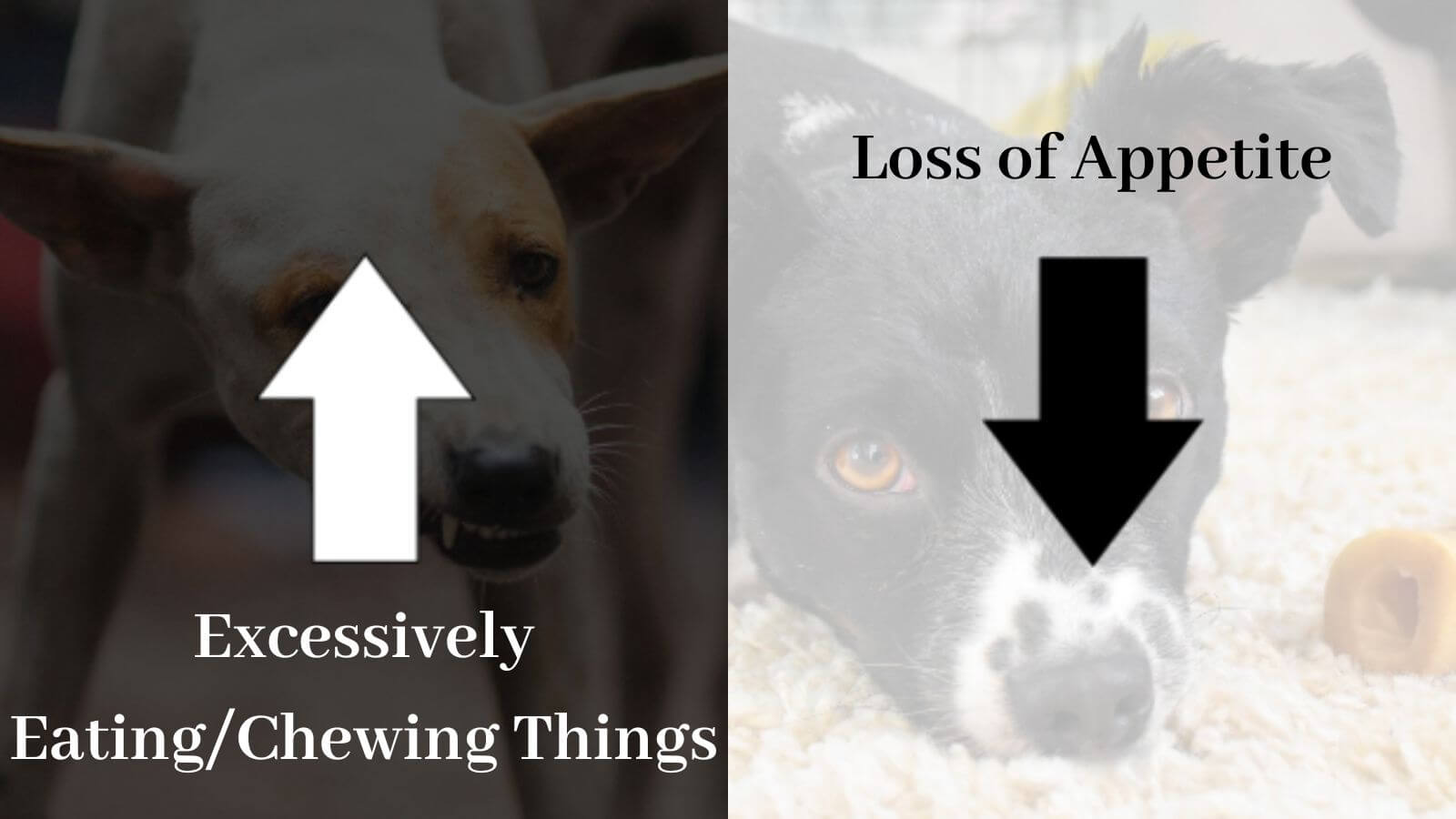
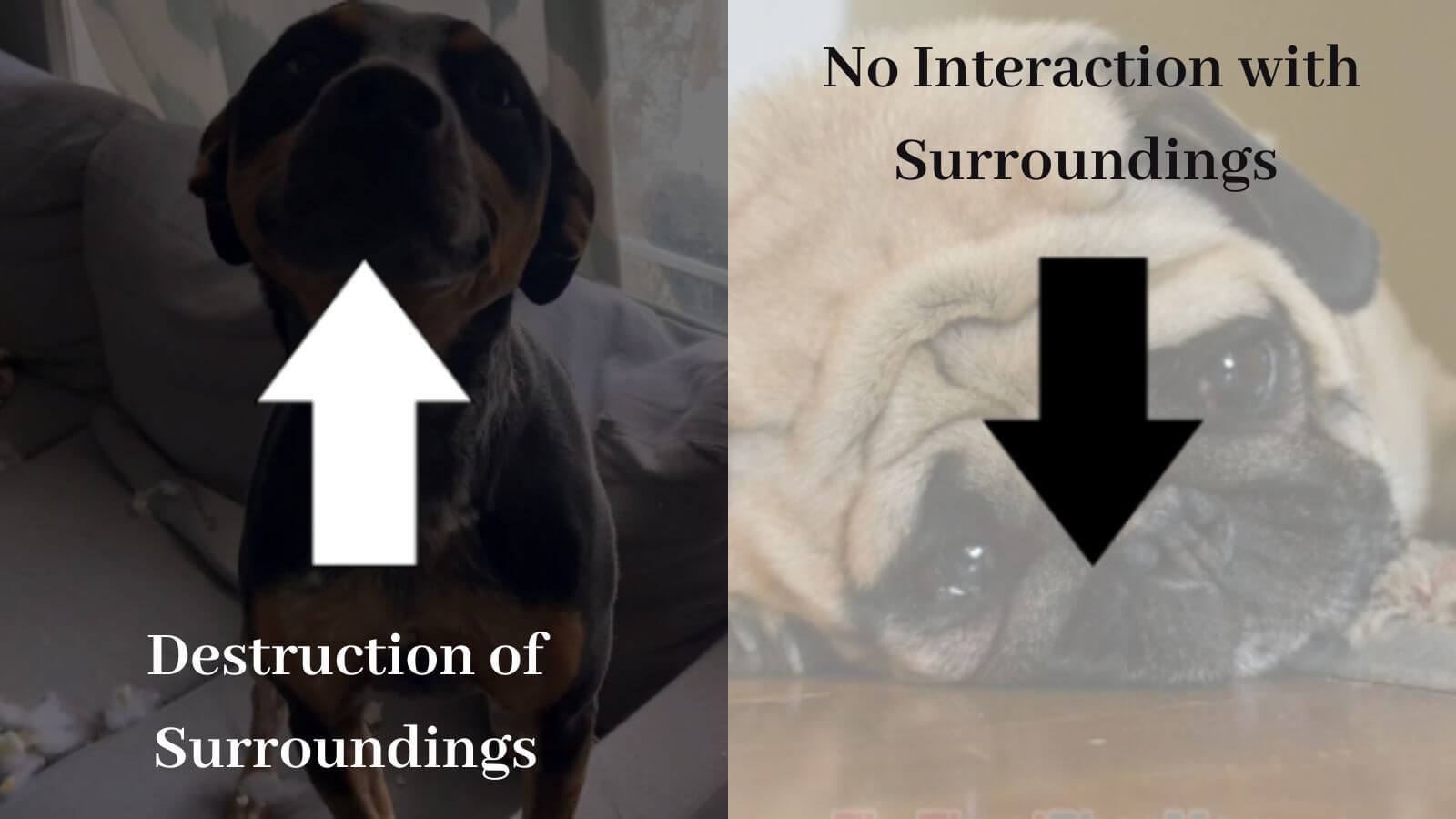

Even dogs displaying severe symptoms…
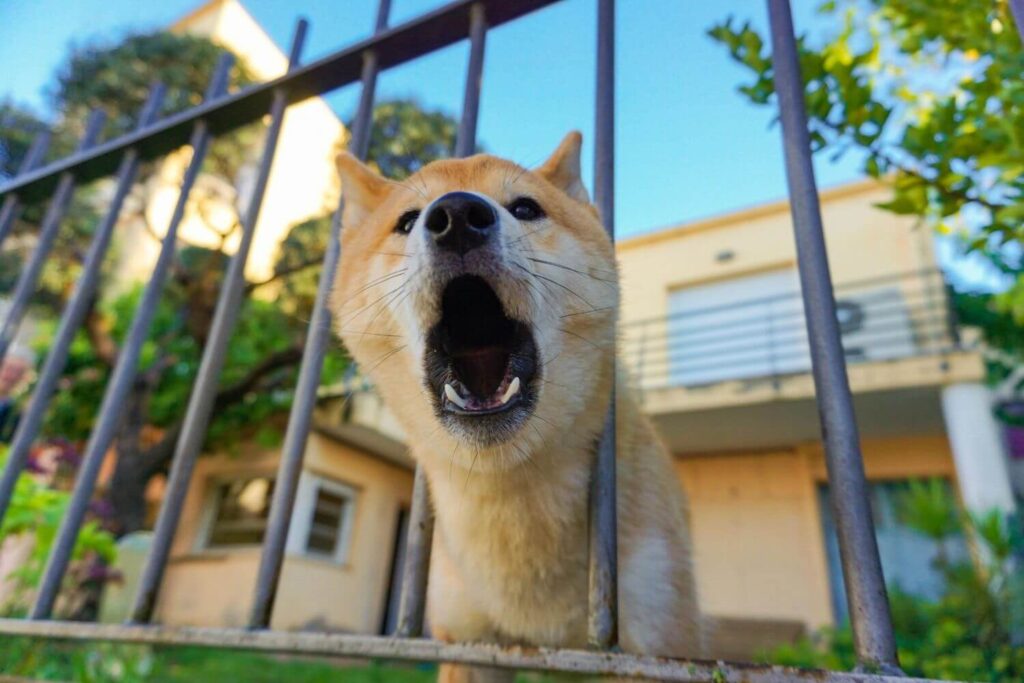
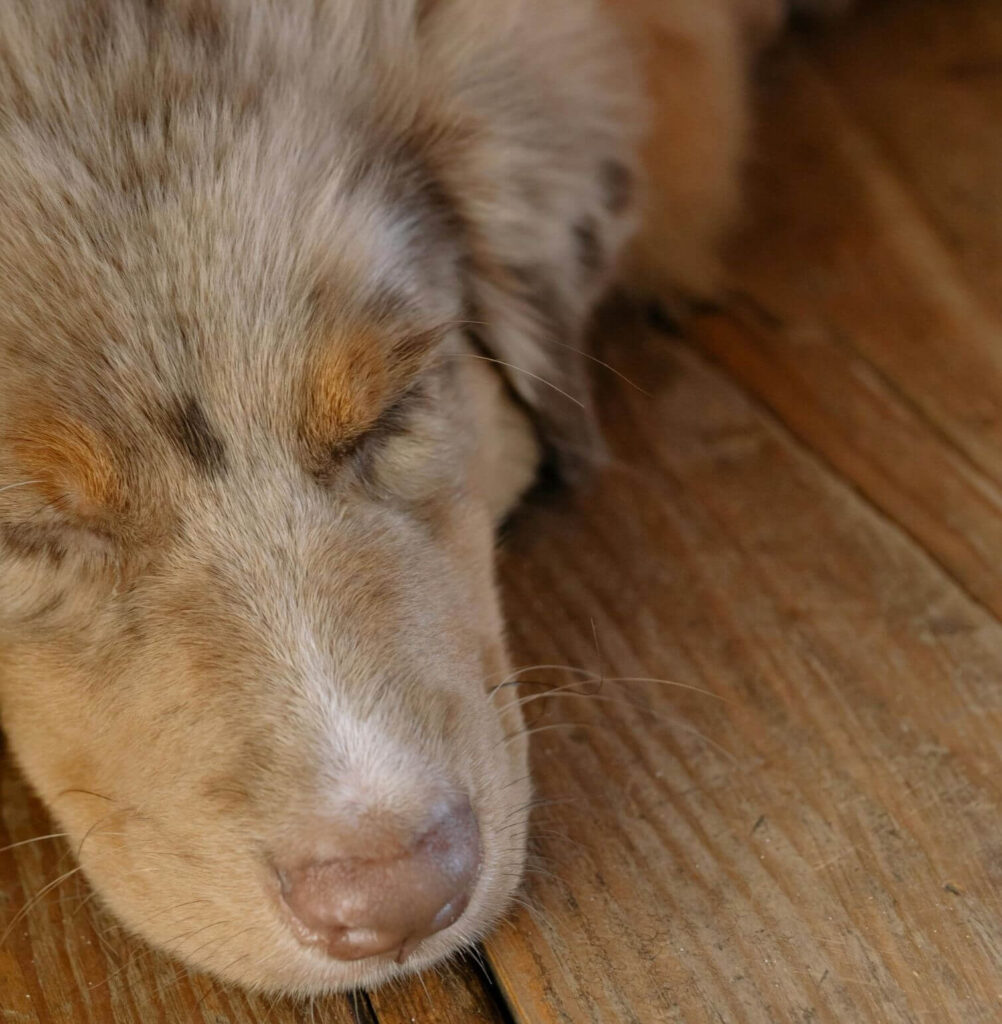
Can be peaceful when left home alone
With the right training, it can be done
Dogs Most Prone to Suffering Anxiety on Separation:
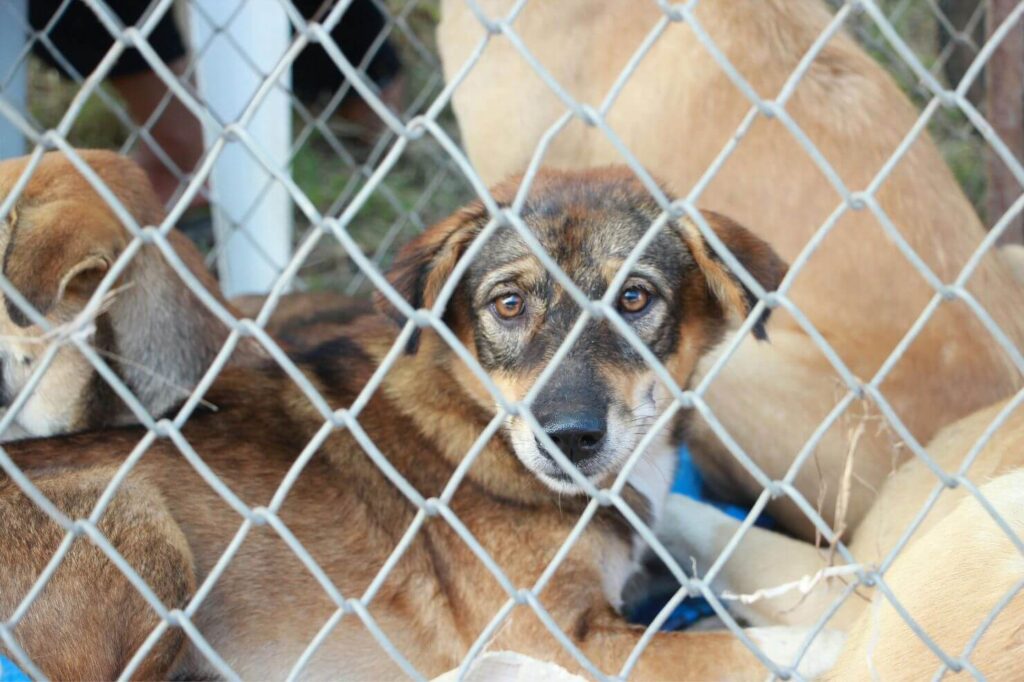
Repeatedly Rehomed, Rescued or Fostered
Rehomed, rescued or fostered dogs have experienced the loss of a bond with their previous owners. This can present itself as a fear of separation from their new owners.
Previously Alone in a Fearful Environment
This could be anything from a dog being trapped without food or water, to a noise sensitive dog experiencing a scary sound (such as a thunderstorm) when alone. The dog can associate feeling fearful with being isolated from humans and isolation in the future can trigger these feelings in the dog as though the fearful experience is being re-lived.


Lack of Exposure to Isolation in Puppyhood
It can be more difficult for dogs to adapt in adulthood to something that’s a new experience for them. During COVID, some of us weren’t able to expose our puppies to being home alone and one of the consequences of this can be a struggle with separation anxieties.
Genetically Predisposed
Dogs can be born with natural tendencies to feel fear, and other negative emotions, more acutely. This can mean they’re more prone to struggling with any negative emotions arising during isolation from their human(s). With the right training, it is possible to help a dog like this feel comfortable with being left alone.


Early Separation from Mum
Puppies separated from their mums’ at an age earlier than 8 weeks are more likely to suffer separation anxieties. If the puppy was forced out of feeding and attention from the mum by stronger siblings, this could also show up as separation anxieties later on in life.
Grief
The loss of a loved family member, whether that be a human or another pet companion, can affect how sensitive dogs are to fear. It’s common for separation distress to be experienced alongside grief.
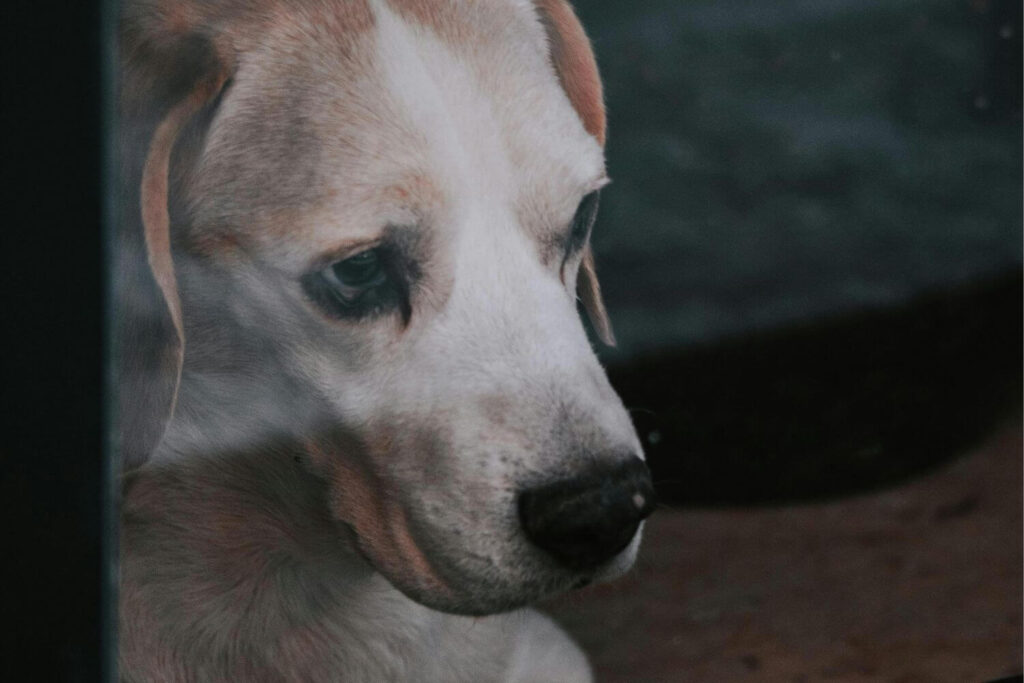
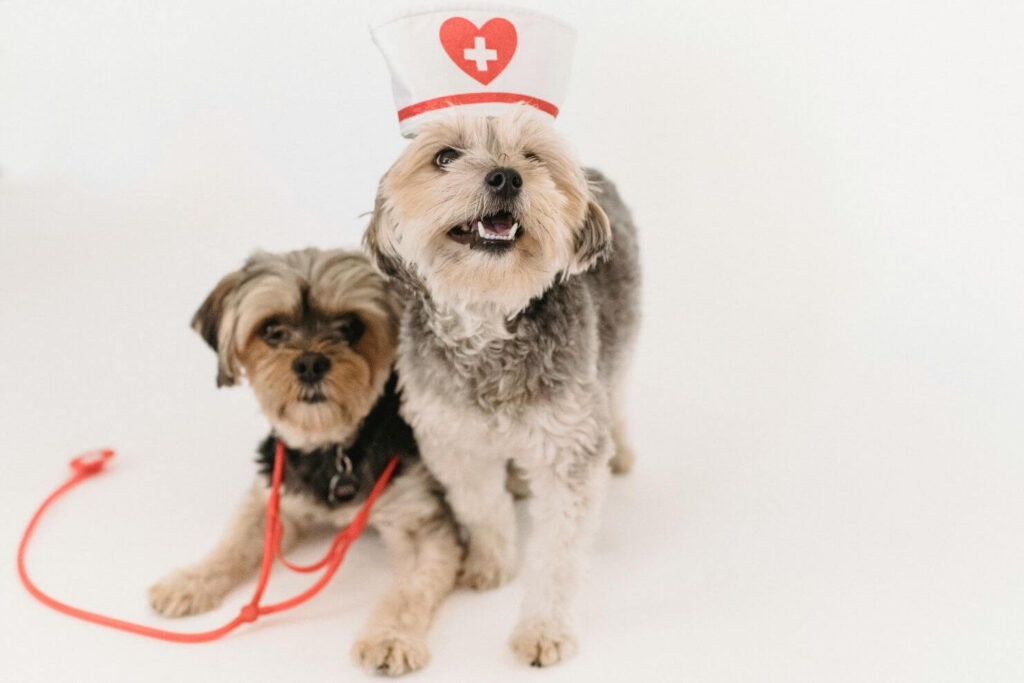
Pain
Dogs in pain are more sensitive to feeling scared. It is worth taking a dog showing signs of distress on separation to a vet for a health check up, because their pain could be causing this. You can explain to a vet the behaviours you’re seeing and ask them to check your dog over for any potential physical causes.
Neither predispositions or symptomatic behaviours mean your dog is definitely struggling with anxiety on your departure:
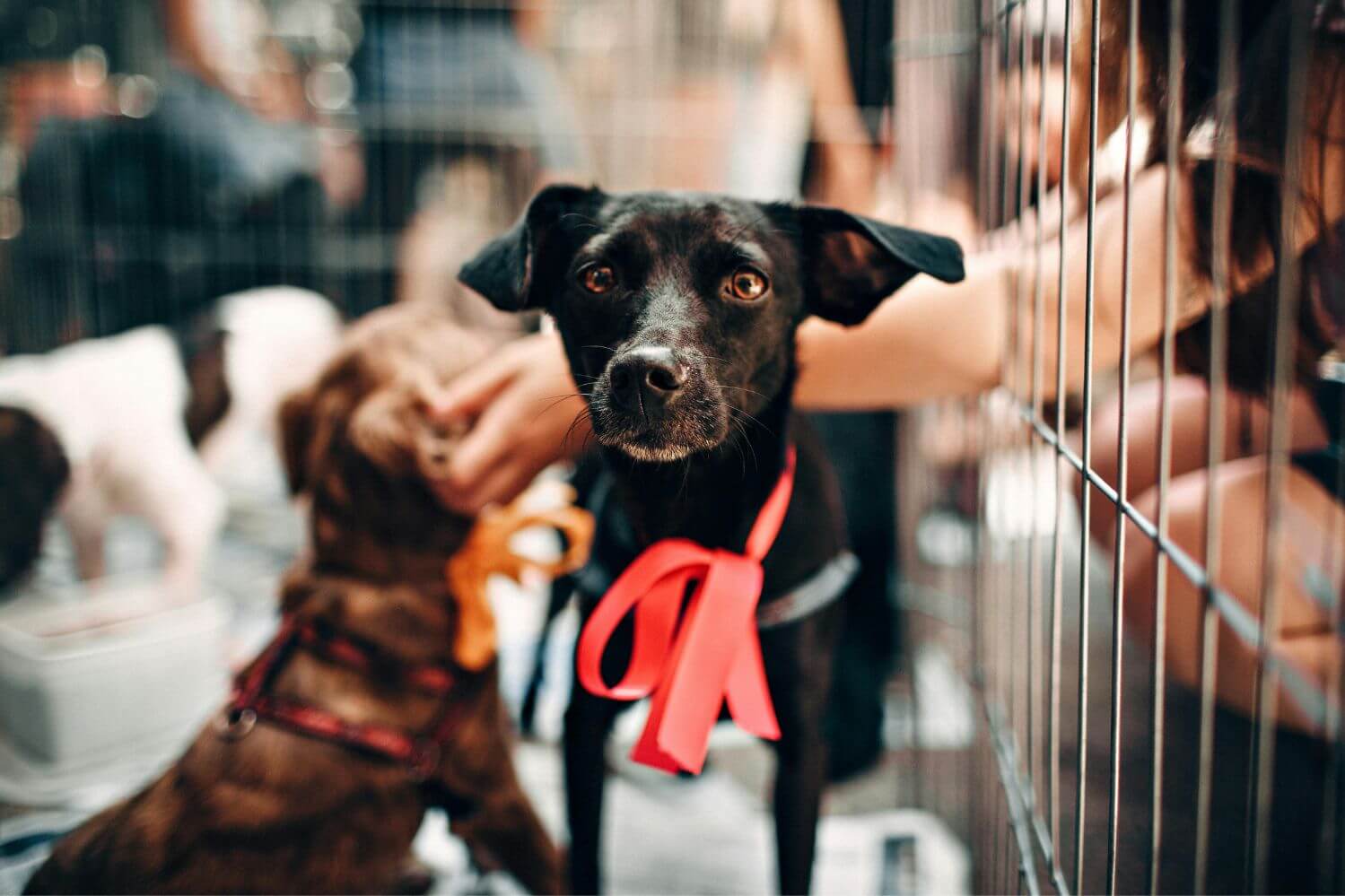
If you have
A Rescue Dog
.
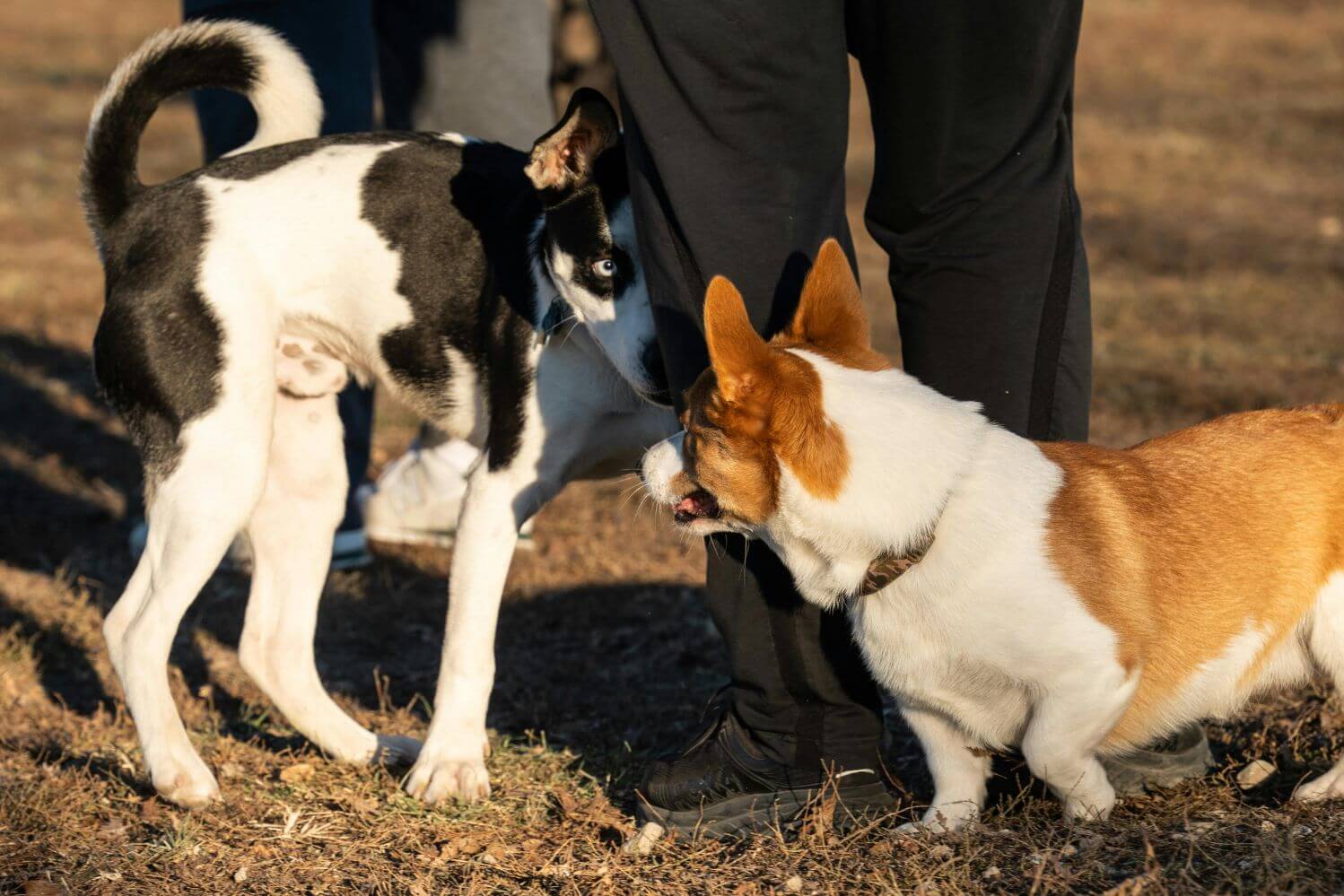
who tends to be
Quite Nervous
.
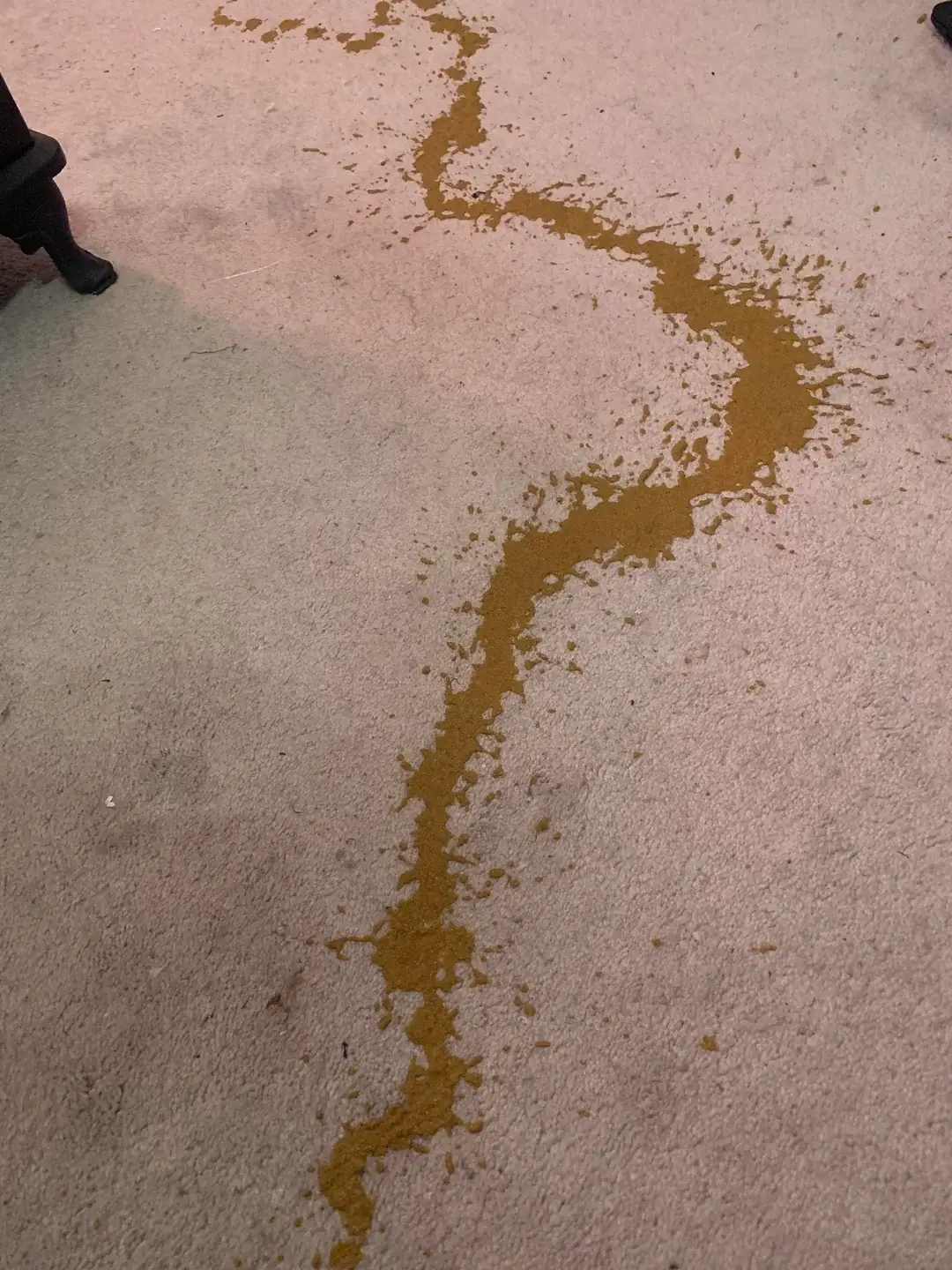
and you often return to
Diarrhoea
in your home
this doesn’t confirm your dog has separation anxiety

It might be that their
toilet training needs revisiting

or their
diet changed or needs changing

If you bought
A Puppy
.

during
COVID
.

who
Licks their Paws
when left alone

you might have a dog with a
Grass Allergy
who only tends to it during the quieter times of their day
Separation anxiety in dogs comes down to the following:
The distress is only experienced when the dog is isolated, or perceives they’re about to become isolated, from an individual, or people in general


